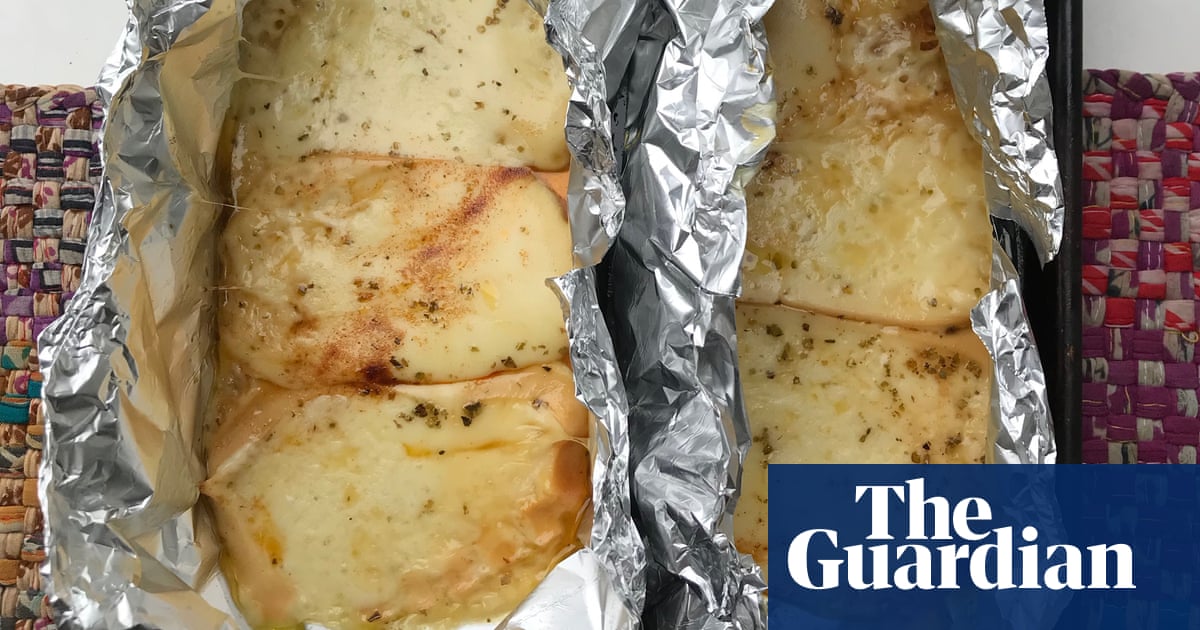A few weeks ago, there was a cheese fair at the back of the old slaughterhouse here in Testaccio. Thirty cheesemakers set up stalls in two of the conference rooms that look out on to what was, from 1891 until 1975, Campo Boario, a 13-acre cattle market and trading area overlooked by a circular control tower. The cheese fair, on the other hand, was controlled from a long office table by a point-of-sale machine: €6 a ticket to taste cubes and slices of artisan cheese from all over Italy, with the option of buying them, too.
“Set out your stall” was one of my grandad’s favourite expressions, often used at night to remind us not only to lay out our school uniforms and pack our bags, but to get our thoughts ready for the next day. As a kid, I wished that laying out thoughts was as straightforward and satisfying as picking out socks and sharpening pencils. I still do. Maybe I should be running a market stall? Or maybe I should just admire and inhale the work of others. In the ex-slaughterhouse conference room, some cheesemakers had brought wooden cabinets, others crates, while many simply relied on stacking for height, the rounds and barrels of cheese like vertebrae on a spine. The ricotta-makers lined up their tubs side by side; the mozzarella-makers stood by tubs of bobbing balls; while caciocavallo-makers had poles, so their pot-bellied creations with tiny heads could hang like decorative teardrops.
Along with mozzarella, burrata, provolone and scamorza, caciocavallo (which is generally made with cow’s milk, but can also be with sheep’s) is part of the stretched-curd cheese family. Simply put, this is a group of cheeses made by steeping the curds, then working them in a bath of very hot whey to create a soft, elastic texture. Stretched cheeses can be twisted into shapes, knotted or plaited for immediate eating – mozzarella being the most familiar. Or they can be steeped in brine, bound and aged. It is the binding of forms in pairs using a rope and leaving them to age a cavallo – straddling a beam or pole – that very likely gives us the name caciocavallo, meaning “horse cheese”.
I have written about caciocavallo before, about how, when it is young, it is as soft as a bouncy rubber ball with a mild milky taste, but then, as it ages, it shrinks and firms, and the flavour deepens and sharpens to give it a wonderful sting. I have also written about cooking younger caciocavallo in a frying pan and terracotta dish until it is soft as warm putty, with a golden crust, a process that is infinitely better when done over a barbecue. If you are feeling bold, you can suspend a whole teardrop of caciocavallo over the grill and catch it as it melts. Alternatively, make foil pouches to hold slices of cheese with oregano and honey. Just as effective are scamorza, provolone, mozzarella, feta, paneer or halloumi. You want 120g-150g of cheese per person.
Barbecue-baked cheese with oregano and honey
Prep 5 min
Cook 10 min
Serves 4
Olive oil
600g (about 120-150g per person) caciocavallo, scamorza, provolone, mozzarella, halloumi feta or paneer
2 tsp dried red chilli flakes
2 tsp dried oregano
4 tsp runny honey
Prepare four squares of silver foil (roughly 30cmx 30cm) and rub the inside with olive oil. Cut the cheese into 1cm-thick slices and share the slices between the four sheets of foil.
In a small bowl, mix six tablespoons olive oil with the dried rchilli and oregano, then spoon this over the cheese. Drizzle a teaspoon of honey over each portion, gather the edges of the foil to create a loose pouch and scrunch the edges to seal.
Put the pouches on a rack over the hot coals. The time it takes to cook will depend on the type of cheese and the heat of the barbecue – and also how melted and golden you want the cheese to be. After about six minutes, open a corner of one of the pouches to check. When you are happy, lift the pouches on to plates.
-
Discover Rachel’s recipes and many more from your favourite cooks on the new Guardian Feast app, with smart features to make everyday cooking easier and more fun







